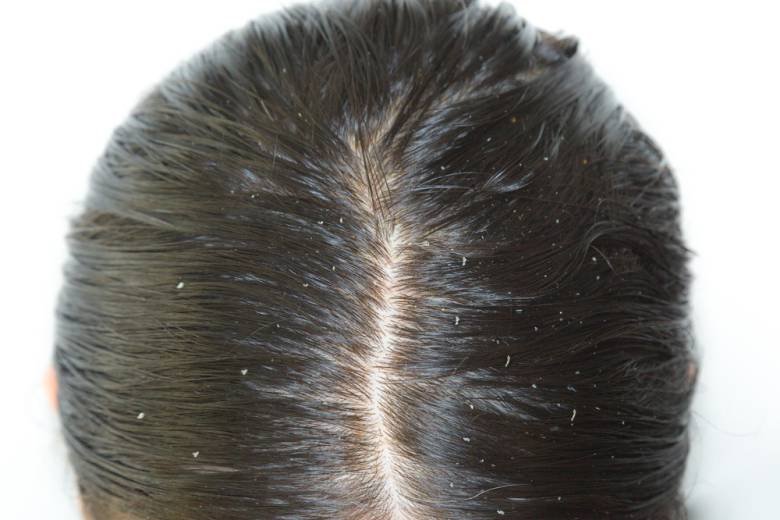

The importance of oil in our hair cannot be underrated. It is responsible for keeping our hair soft; but what if it is overproduced? The results will be oily, greasy-looking locks which can be embarrassing, irritating and simply annoying. A sad fact is that this problem is a common condition among most people.

In this article, we are going to look at the best treatment. But before that, let me point out some of the probable causes.
You may probably be wondering why your hair has become greasy all of a sudden. There are plenty of factors that may lead to this happening:
Whereas there is no ‘cure’ for greasiness, you can easily keep it under control through following the methods below
There are several home remedies you can use to keep your hair dry and soft for days. One of them is Aloe Vera. According to Kayawell.com ‘The vitamins, minerals, and enzymes present in Aloe Vera are very helpful for getting rid of oily hair. The gentle and soothing nature of Aloe Vera will also keep your hair healthy.” You can get more natural remedies by visiting their website.
What is the best shampoo for greasy hair? It is important to check the ingredients of your shampoo to make sure you are helping the situation and not simply worsening it. Marie Claire, a beauty specialist says, ‘The key is to look for a formula with soothing and calming properties, as well as something that is going to control your scalp’s oil levels.’ Using a good quality anti-oil shampoo will get rid of the greasiness you’re insecure about and replace it with the soft and vibrant curls you have always dreamed of.
Studies suggest that the foods we consume can affect our sebaceous glands and how much is excreted. A lot of carbohydrates can increase the production of sebum from the sebaceous glands and lead to excessive oil hence greasy hair. On the other side, caloric restriction has been shown to dramatically decrease the sebum secretion rate. Reducing calorie consumption can, therefore, control oiliness.
You are advised to see a dermatologist if the problem persists
An oily scalp is often associated with hair loss. Excessive sebum production can be a sign of inflammation, a response of the scalp to injury, infection, or caused by a condition such as psoriasis. And when the follicles are inflamed, hair growth is slowed and the strands produced is weaker in structure.